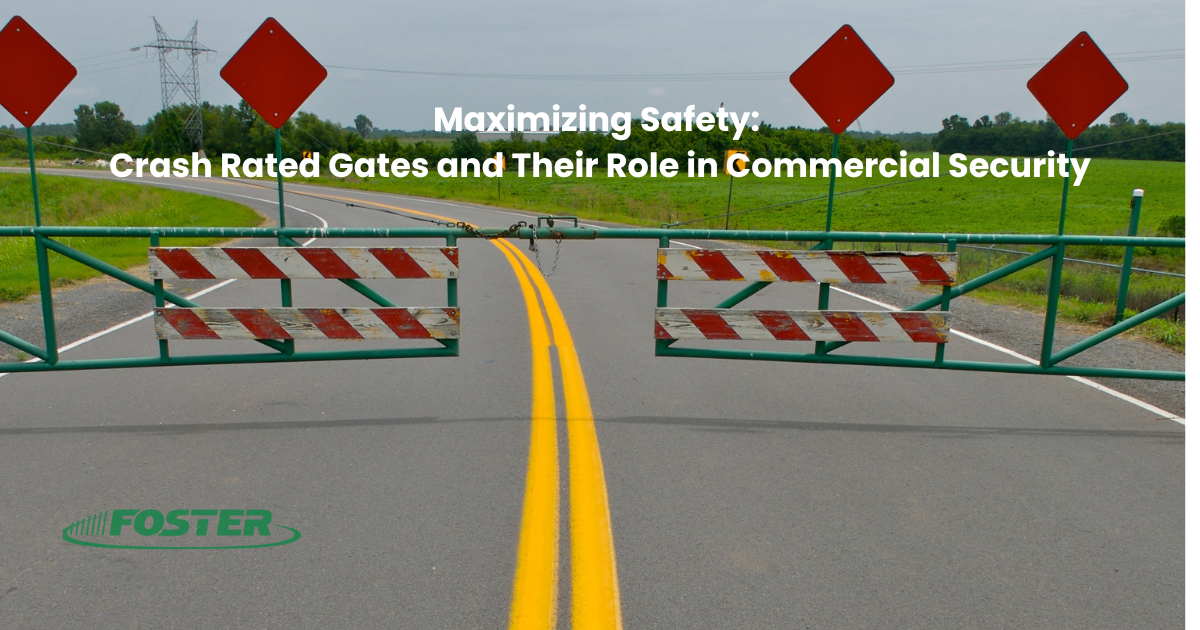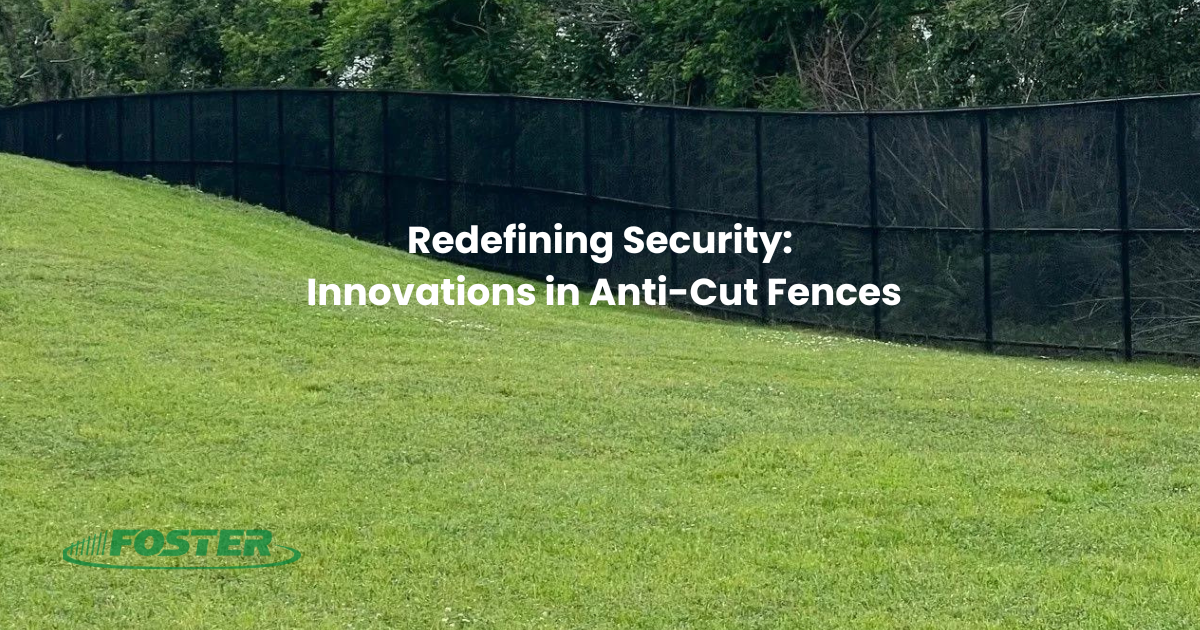Enhancing Security Measures: The Benefits of Industrial Fencing
Industrial Fencing Incorporates Various Features That Significantly Improve Security Measures
When it comes to securing industrial premises, implementing effective security measures is crucial. Industrial fencing plays a pivotal role in providing a robust barrier against potential threats and ensuring the safety of facilities. In this comprehensive guide, we will explore the different types of industrial fencing, including chain-link fences, welded wire mesh fences, and palisade fences. We will discuss the advantages of each type and highlight the various materials used in constructing industrial fencing, such as steel, aluminum, and concrete.
Types of Industrial Fencing
1. Chain-Link Fences: Chain-link fences are a popular choice for industrial settings due to their affordability and versatility. These fences consist of interlocking steel wires, creating a mesh-like structure. They provide a clear boundary while allowing visibility and airflow. Chain-link fences are available in various heights and can be customized with added security features.
2. R-Panel Fence:
Also known as a ribbed panel fence, is a type of industrial fencing made from sturdy metal panels with distinctive ribs. The ribs provide strength and durability to the fence while adding an aesthetically pleasing pattern. R-panel fencing provides industrial facilities with a secure and durable perimeter barrier. Its strength, versatility, and cost-effectiveness make it an excellent choice for enhancing security measures and ensuring the safety of industrial sites.
3. Razor Wire Fence:
A razor wire fence is a type of security fencing that features sharp, pointed barbs or blades along its length. It is designed to deter and prevent unauthorized access to industrial facilities. Their enhanced security, visible deterrent effect, low maintenance requirements, versatility, and quick installation make them a popular choice for protecting industrial sites from unauthorized access and potential threats.
Materials Used in Industrial Fencing
1. Steel:
Steel is the most common material used in industrial fencing due to its strength and durability. It offers excellent resistance to cutting and impact, making it a reliable option for security purposes.
2. Aluminum: Aluminum fencing combines strength with lightweight properties. It is resistant to corrosion and requires minimal maintenance. Aluminum fences are an excellent choice for industrial settings that prioritize aesthetics without compromising security.
3. Concrete: Concrete walls or panels provide the highest level of security. They are difficult to breach and offer complete privacy. Concrete walls are often used for perimeter protection in high-security facilities.
Features Enhancing Security
Industrial fencing incorporates various features that significantly improve security measures:
1. Anti-Climb Capability: Many industrial fences are designed with anti-climb features such as closely spaced wires or flat surfaces without handholds. These features make it extremely difficult for intruders to scale the fence and gain unauthorized access.
2. Anti-Cut Capability: Industrial fencing is often equipped with anti-cut features to prevent intruders from breaching the fence by cutting through it. This can include reinforced steel wires, thicker gauge materials, or additional layers of protection.
3. Anti-Ram Capability: Some industrial fences are engineered with anti-ram capabilities to withstand vehicular impact. This is achieved through the use of bollards, reinforced posts, or specialized barrier systems. Anti-ram features provide an extra layer of protection against potential attacks involving vehicles.
Advantages of Industrial Fencing over Other Options
Industrial fencing offers several advantages over other types of fencing options:
1. Enhanced Security: Industrial fencing provides a higher level of security compared to wooden or vinyl fences. It offers greater strength, durability, and resistance to intrusion attempts.
2. Deterrence Factor: The visibility and formidable appearance of industrial fencing act as a deterrent to potential intruders. Studies have shown that the presence of a physical barrier can significantly reduce the likelihood of trespassing or criminal activities.
3. Longevity and Low Maintenance: Industrial fencing, particularly those made from steel or aluminum, is built to withstand harsh weather conditions and resist corrosion. This ensures longevity and reduces the need for frequent maintenance or replacement.
Foster Fence: The Best Option for Industrial Fencing
When it comes to selecting the best industrial fencing solution, Foster Fence stands out as a trusted provider. With years of experience in the industry, Foster Fence offers high-quality products tailored to meet the specific needs of industrial settings. Their expertise in security fencing, coupled with a commitment to customer satisfaction, ensures that their clients receive the most effective and reliable fencing solutions available.
In conclusion, industrial fencing plays a vital role in enhancing security measures for various industrial sectors. By understanding the different types of industrial fencing, the materials used, and the features that improve security, businesses can make informed decisions when selecting the appropriate fencing solution for their facilities. Foster Fence emerges as a leading option in the industry, providing top-notch products and services to ensure the utmost security for industrial premises.
Contact us today!
You might also like

Foster Fence Ltd.
16700 Beaumont Hwy
Houston, Texas 77049
(281) 456-7273 phone
(281) 456-7285 fax
info@fosterfence.com
All Rights Reserved | Foster Fence | Privacy




